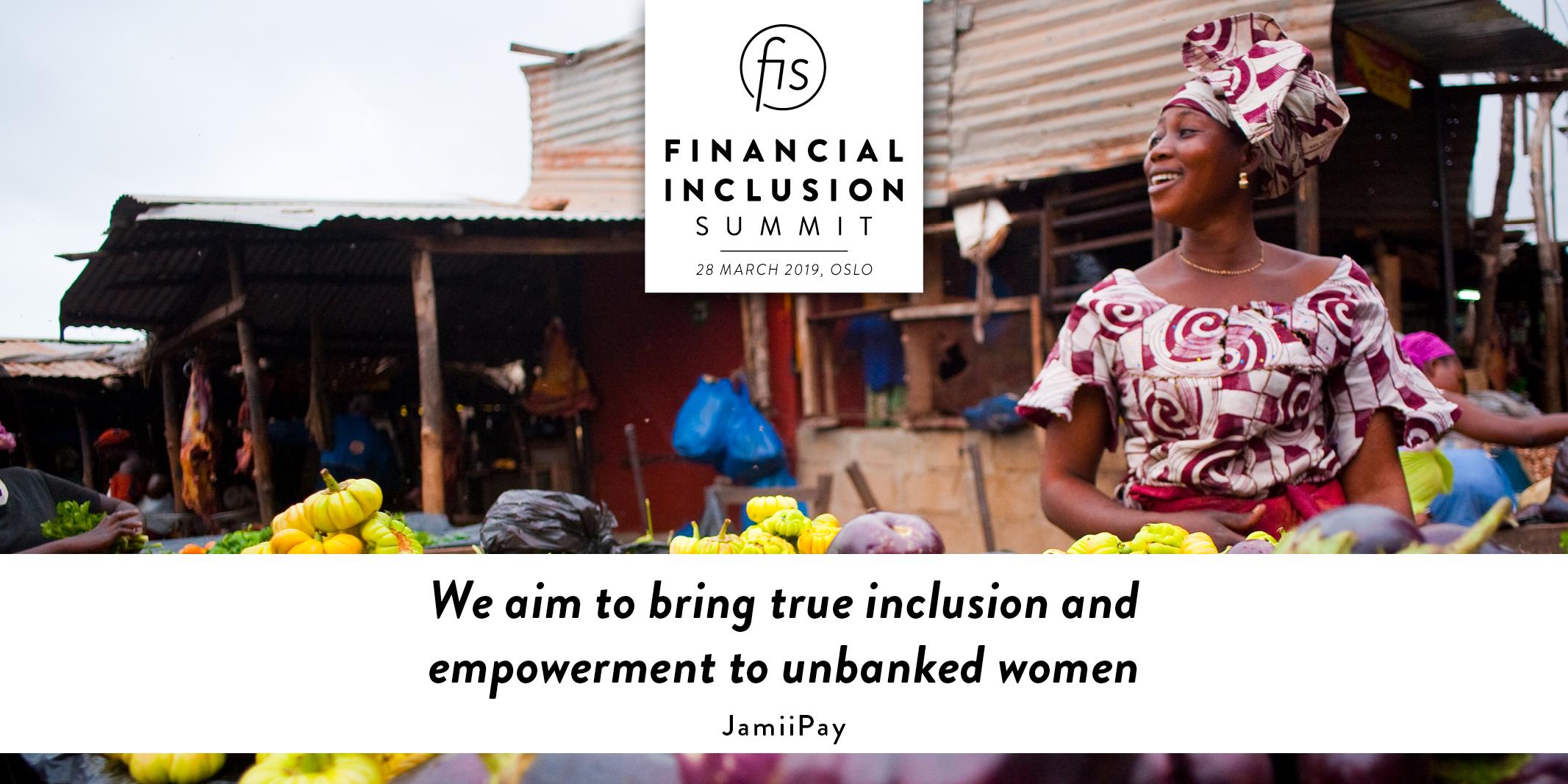
Interview with JamiiPay
The “dream” – how it all started
JamiiPay was started in August 2018 by Charlotte Rønje and Daniel Brøndum Torp in Copenhagen. Through her work with Danida and PwC in East and West Africa, Charlotte recognised that MFIs, banks, and NGOs are not addressing the gap between unbanked communities and financial services. It was evident that the existing set up of financial institutions made them inaccessible to communities in remote and rural areas. Furthermore, the absence of customised digital solutions made it a compelling opportunity to invest in the area. By discussing the idea with Daniel, a seasoned expert in digital solutions with more than 20 years of experience, the two founded JamiiPay and combined their expertise to create a digital solution that brings true financial inclusion and unlocks the potential of unbanked communities.
Area of focus
The aim of our start-up is to facilitate financial inclusion for low-income households in Ethiopia. Our starting point is Village Savings and Loan Associations (VSLAs), a method built upon the existing tradition of saving and taking loans amongst unbanked communities.
JamiiPay offer savings groups in Ethiopia access to group loans. We do this by providing a secure, digital platform that reflects existing VSLA practices of registering savings, borrowing, and repaying loans. The groups build a credit history on our platform. We analyse this data and use it to build a credit score for the group.
Members of VSLAs are predominantly women in rural areas. By making VSLAs a starting point of its business, JamiiPay aims to bring true inclusion and empowerment to unbanked women.
Challenges in the geographical areas of influence
The challenges and opportunities in Ethiopia come hand in hand.
With the current regulations in Ethiopia, opportunity for foreign companies to work in the financial sector is limited. However, the government has recently shown initiatives to open the sector up to foreign companies. By having early presence on the ground, we hope to take advantage of the upcoming regulatory changes.
In addition, Ethiopia has one of the lowest rates of mobile banking penetration, at 0.3%, according to the Global Findex Report. Lack of digital infrastructure including internet coverage is a challenge for a fintech company like ours. However, the government is making infrastructural improvements a policy priority, meaning the market potential is huge.
Co-operation and partnerships
To pilot its services, JamiiPay has partnered with Hiwot Integrated Development Organization (HIDO), a local NGO in Ethiopia which aspires to see a healthy and self-reliant society. One of HIDO’s key intervention areas is livelihood/economic strengthening where it establishes village savings and loan associations (VSLAs) to encourage saving habits and increase financial self-reliance among the unbanked communities. Through its platform, JamiiPay hopes to assist HIDO in realizing this goal by bridging the gap that exists in linking village saving groups that HIDO organises with financial service providers.
In addition, JamiiPay is currently exploring partnerships with local financial service providers and relevant government bodies in Ethiopia that focus on financial inclusion.
Successes
Even though we have been up and running since August last year, JamiiPay have made significant efforts in a short time:
Securing a partnership with a local NGO in Ethiopia and planning to pilot services in April.
Selected for Copenhagen Fintech Incubation programme
Funded by the Innovationsfonden Innobooster programme
Ernst & Young Sustainability Case 2019
As a startup business that focus on sustainability through social inclusion, JamiiPay was selected by EY Denmark for their ‘Sustainability Case 2019’ where JamiiPay received feedback on its business model from senior consultants.
Finalist at CARE Finclusion competition 2018
CARE Denmark organized a competition where it called startups in the financial technology sector to help re-imagine the way CARE works in remote areas by providing a solution to the topic of ‘cash and loans for the unbanked communities. JamiiPay was a finalist in the competition by providing a digital solution for true inclusion based on CARE’s VSLA (Village Savings and Loan Association) model.
About the Nordic effort
As a Danish company our aim is to bring best practices and advanced digital solutions from the Nordic region and implement such solutions using a consumer-orientated approach focused on unbanked communities.
The Financial Inclusion Summit takes place in Oslo, Norway, on 28 March 2019. To find out more or request an invitation, visit: https://financial-inclusion.com/#register
Follow us on @FinIncSummit #fintechforall
